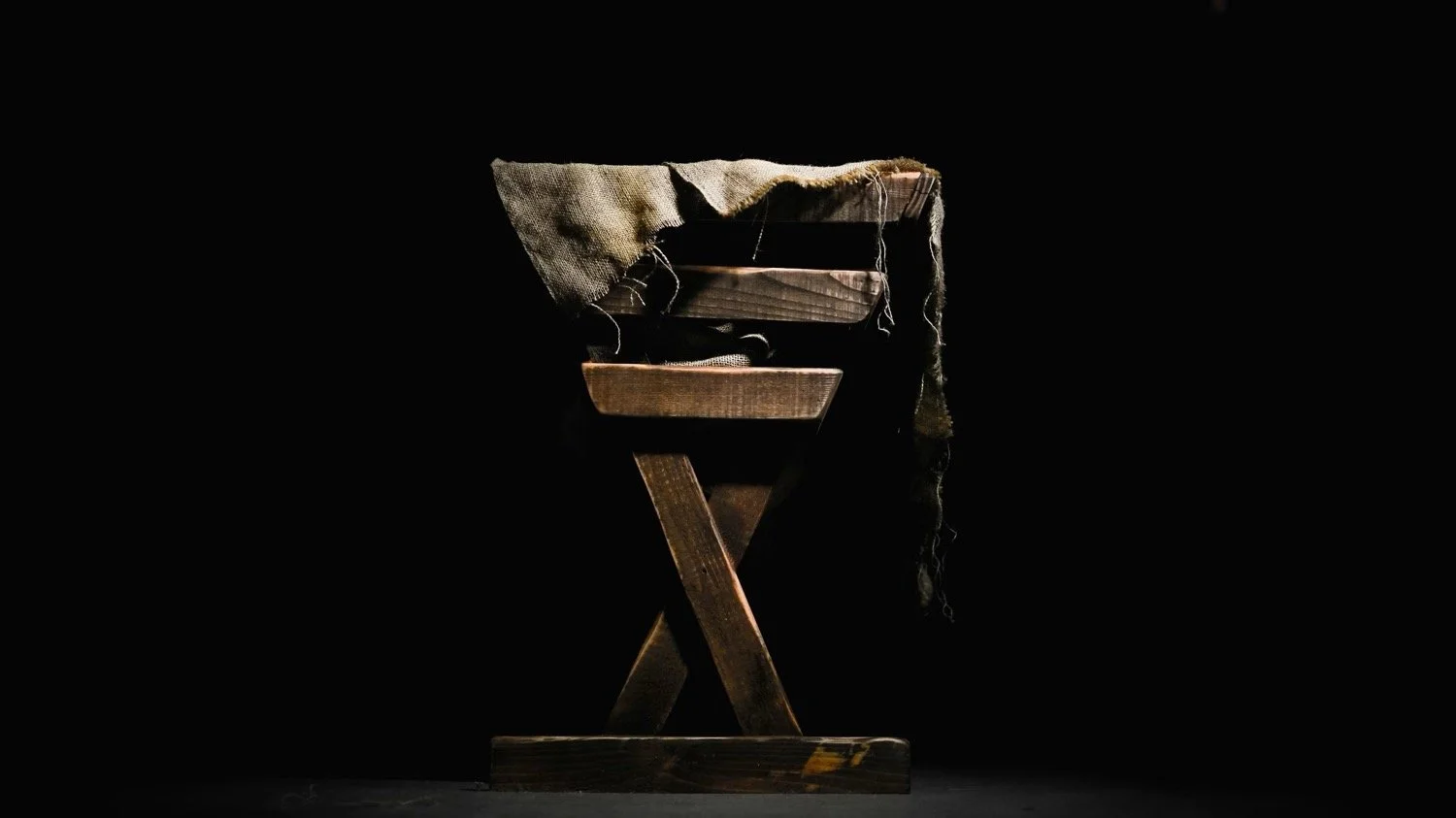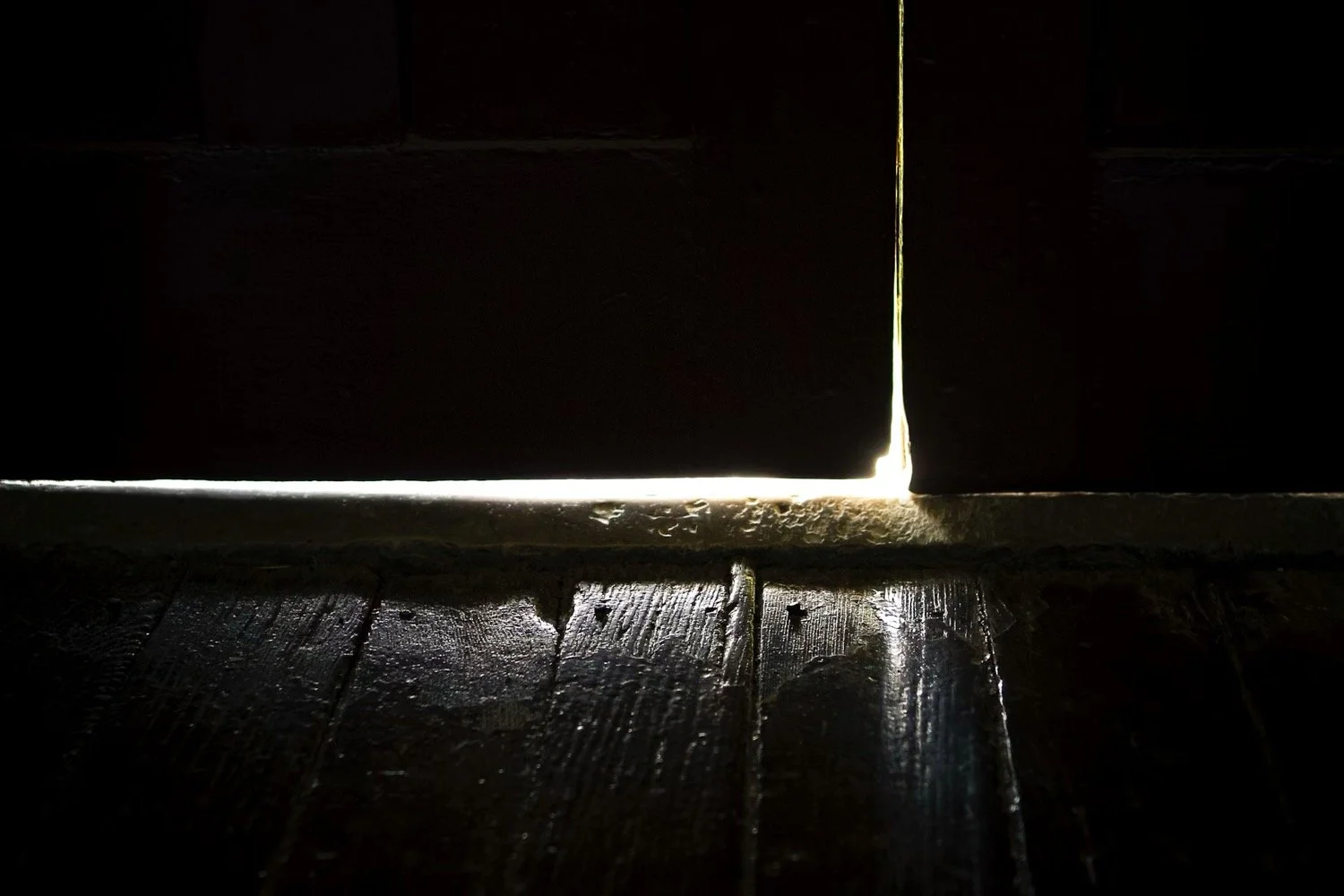Readings for today: Psalms 6, 9, 10, 14, 16, 21
The good news of the gospel is that God became a human being. He took on human flesh. He took on human nature. He experienced everything you and I experience. He knows hunger and thirst. He knows hardship and poverty. He knows pain and suffering. He knows what it’s like to feel tired and overwhelmed. He knows what it’s like to be abandoned, betrayed, and denied. He has suffered injustice. He has been falsely accused and falsely tried and falsely convicted and falsely condemned. He knows what death feels like. He knows what it’s like to be laid to rest in on a cold slab in a tomb.
I try to read the Psalms backwards. In fact, I try to read the entire Old Testament backwards. What do I mean by that? What I mean is I try to read it through the lens of Jesus Christ. With Jesus as my “hermeneutical key” - as my professors in seminary might have said - it all makes sense. A whole new world of meaning opens up. My understanding deepens. My connection to the people of the Old Testament becomes stronger. Take King David. Imagine all he must be experiencing as he expresses himself through prayer set to music. “Be gracious to me, Lord, for I am weak; heal me, Lord, for my bones are shaking; my whole being is shaken with terror. And you, Lord, how long?” (Psalms 6:2-3 CSB) Is he suffering from disease? Depression? Adverse life circumstances? Is he fearful of the future? Afraid of his enemies? Is he having a hard time being patient for God’s will to come about? Or the flip side, what happened that caused David to write, “When my enemies retreat, they stumble and perish before you. For you have upheld my just cause; you are seated on your throne as a righteous judge. You have rebuked the nations: You have destroyed the wicked; you have erased their name forever and ever. The enemy has come to eternal ruin; you have uprooted the cities, and the very memory of them has perished.” (Psalms 9:3-6 CSB) Had he just won another victory? Had he just put his enemies to flight? Is he referring here to the Philistines or to the people who were still following the house of Saul in Israel? Can he sense the fulfillment of God’s promises are near? And as always, I love David’s honesty and transparency...“Lord, why do you stand so far away? Why do you hide in times of trouble?” (Psalms 10:1 CSB) He’s not afraid to cry out to God from the depths of his heart.
Throughout history, the people of God have returned over and over again to the Psalms to learn how to pray. They have used them as a guide for prayer. They have prayed these words back to God. Made them their own. Prayer can be difficult. It’s challenging to move beyond the rote prayers we learned in our youth. It’s challenging to be honest and real with God. Frequently it can feel like our words are inadequate. Self-centered. Foolish. Like they bounce off the ceiling back into our laps. So many Christians I know and love struggle with prayer. Often when they ask me how they should pray, I will point them to the Psalms. Not just to repeat the words but to reflect on them and make them their own. Reflect on the feelings and emotions. Reflect on the heart of what David is saying. Let his heart’s cry resonate with your heart’s cry and lead you to express your deepest thoughts to God. And most of all, remember God has felt every feeling you feel as well.
Our God is safe. He is a refuge. A stronghold. Our deliverer. We are the apple of His eye and He hides us in the shadow of His wings. He is our protector. Our comforter. Our friend. We can tell Him anything. The deepest desires of our hearts are not hidden from Him. Nor are the wounds. The hurts. The disappointments. The fears. The failures. God rejoices with us when we experience success. When the victories come in our lives. God weeps with us when we struggle. When we grieve. God fights our battles for us. We may not always understand His ways. We may not always agree with His timing. His answer can be “No” just as easily as it can be “Yes.” It can even be “Not Yet.” Through it all, God is God and we are not and prayer reminds us the best place to be is at His feet.
Readings for tomorrow: 1 Chronicles 1-2, Psalms 43-44




